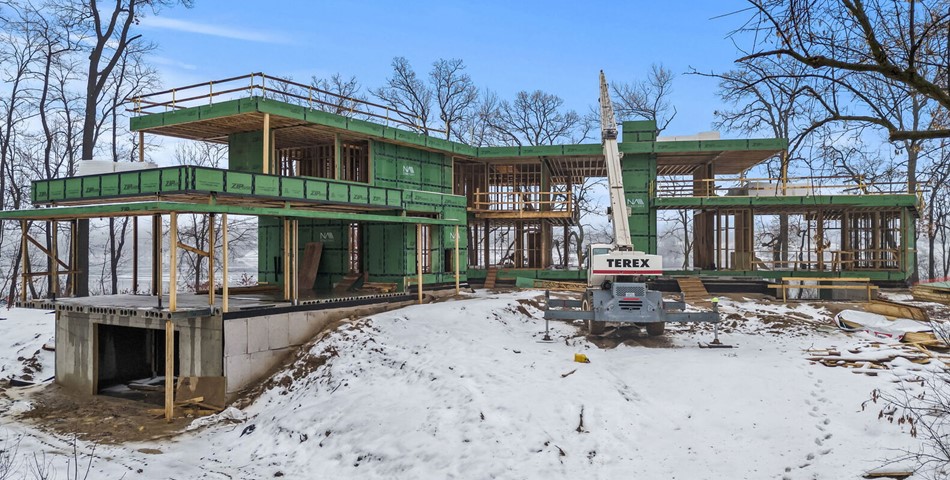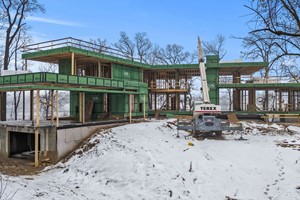In the evolving landscape of the construction industry, prefabricated light wood-frame construction has emerged as a transformative approach. This method promises faster build times, improved quality, and a reduced environmental footprint. To support these advancements, the Quebec Wood Export Bureau (QWEB) and its member companies have introduced a groundbreaking digital tool called Offsite Wood. This platform is designed for professionals interested in offsite wood construction, offering extensive downloadable content, technical specifications, and case studies.
At the heart of this initiative is the integration of Building Information Modeling (BIM) technology. Offsite Wood highlights the significant role that BIM plays in streamlining the prefabrication process, enhancing project outcomes, and showcasing best practices and innovations in the field. By leveraging these digital tools, industry professionals can stay informed and up-to-date with the latest developments in offsite construction.
Prefabricated light wood-frame products from QWEB members are versatile and cater to a wide range of building types, including single-family homes, apartment units, luxury residences, and commercial properties. A key component of these products is prefabricated wall panels, which are manufactured in factories and often include wood framing, insulation, barrier membranes, and sometimes even windows and exterior siding. These panels are then transported to the construction site for rapid assembly.
One of the notable advantages of prefabricated construction is its positive impact on the environment. The approach minimizes disruption to local ecosystems, supports biodiversity, and aids in CO2 absorption. Additionally, the use of durable and recyclable prefabricated components reduces the need for new materials, further lowering emissions. This integration of environmental considerations makes prefabricated construction a significant contributor to the construction sector’s efforts to combat climate change and promote sustainability.
"Construction projects these days are about saving time. Not only to stick to a tighter budget but to simply build faster with better quality. This is what we bring to the table as a trade association. Our members adapted their way of working to answer this very need for offsite construction," says Alain Boulet, Wood Construction Group Director at QWEB.
Quebec’s light wood-frame companies, such as AmeriCan Structures and NA Structures, are stepping up to address housing prices and shortages. From initial conception to the complex logistics of offsite construction, these companies have the expertise to deliver high-quality products that meet client budgets and schedules. They emphasize the flexibility and modularity of prefabricated components, which allows for exceptional design adaptability and easy accommodation of site-specific constraints. Despite higher initial costs, the reduced labor, shorter construction time, and minimized delays result in a more favorable return on investment. Factory-prefabricated components thus offer a compelling solution to labor shortages, enhancing quality, safety, and cost efficiency.
Custom-designed luxury homes, developed in the BIM environment and pre-visualized "on-screen," address potential defects before on-site work begins. This approach reduces the burden on architects and general contractors. "Multihousing projects using wall panels, floor and roof trusses, also designed in the BIM environment, reduces the on-site schedule so the investor gets a faster return on their investment while obtaining a higher quality product," adds Mr. Boulet.
The Offsite Wood initiative, with its emphasis on BIM tools, is not only enhancing construction practices but also encouraging architects and design studios to prioritize materials and designs that support circular economies and long-term reusability. This forward-thinking approach offers hope for more sustainable and efficient building practices in the future.














